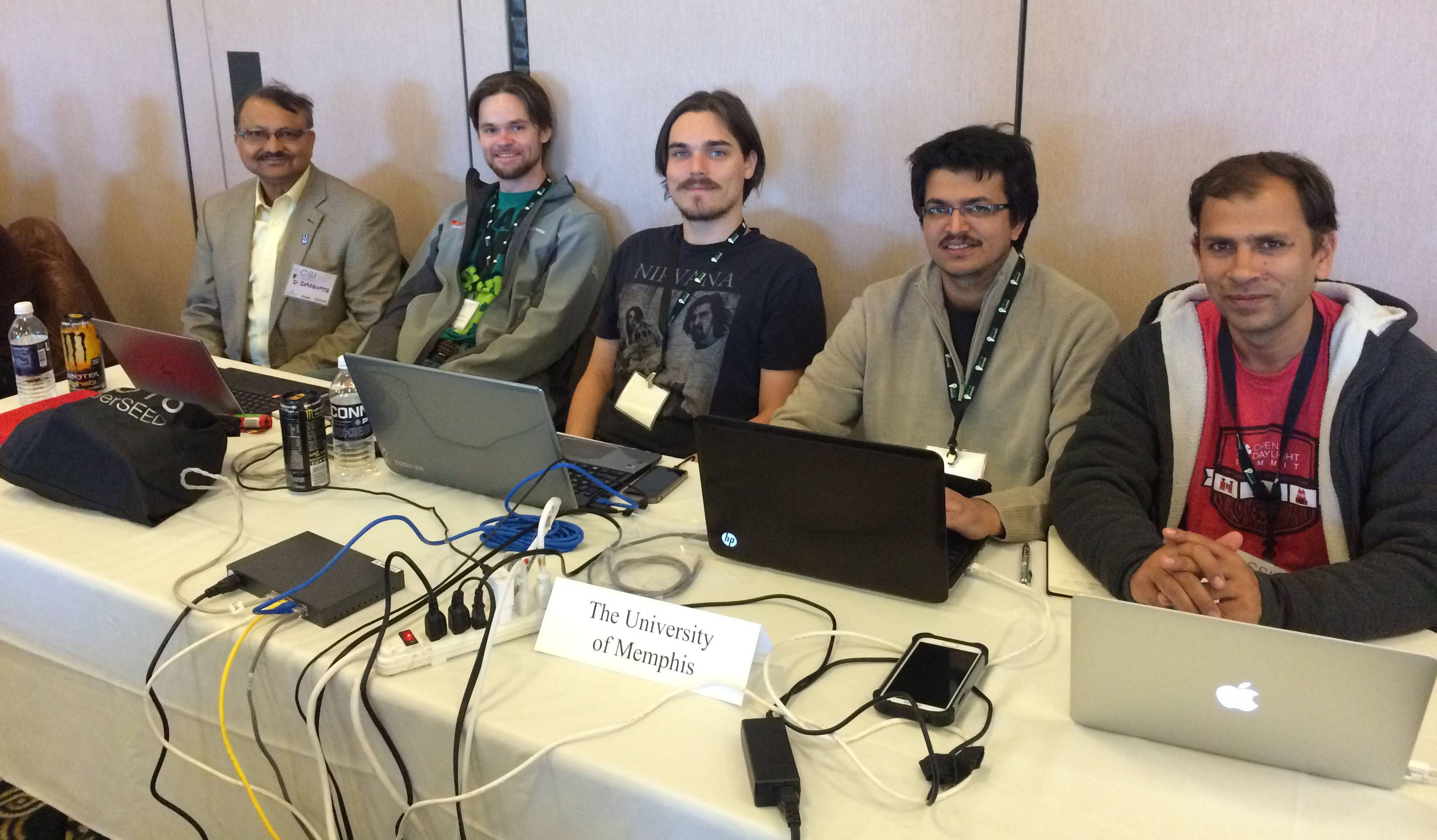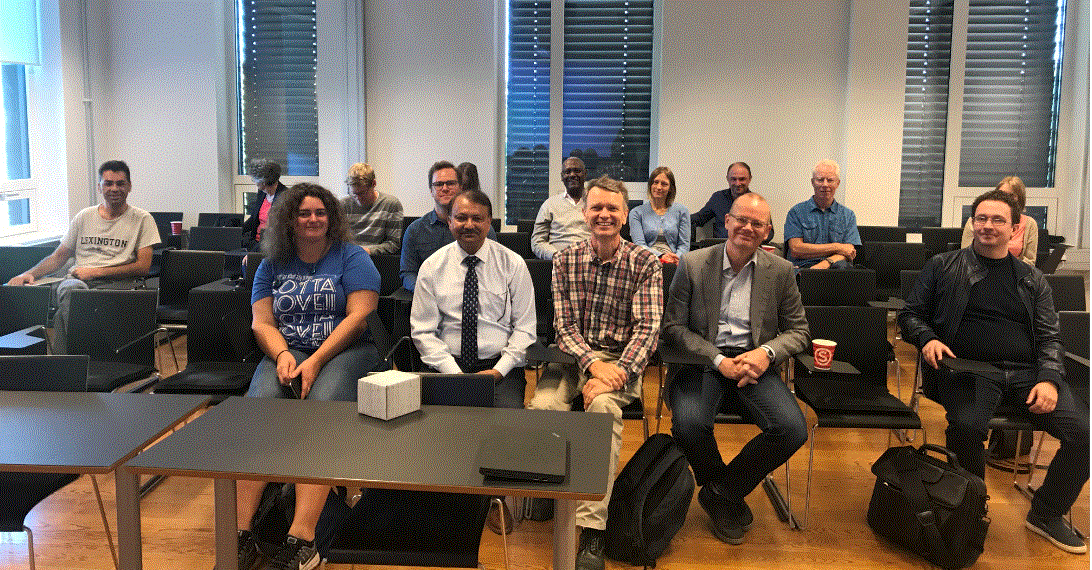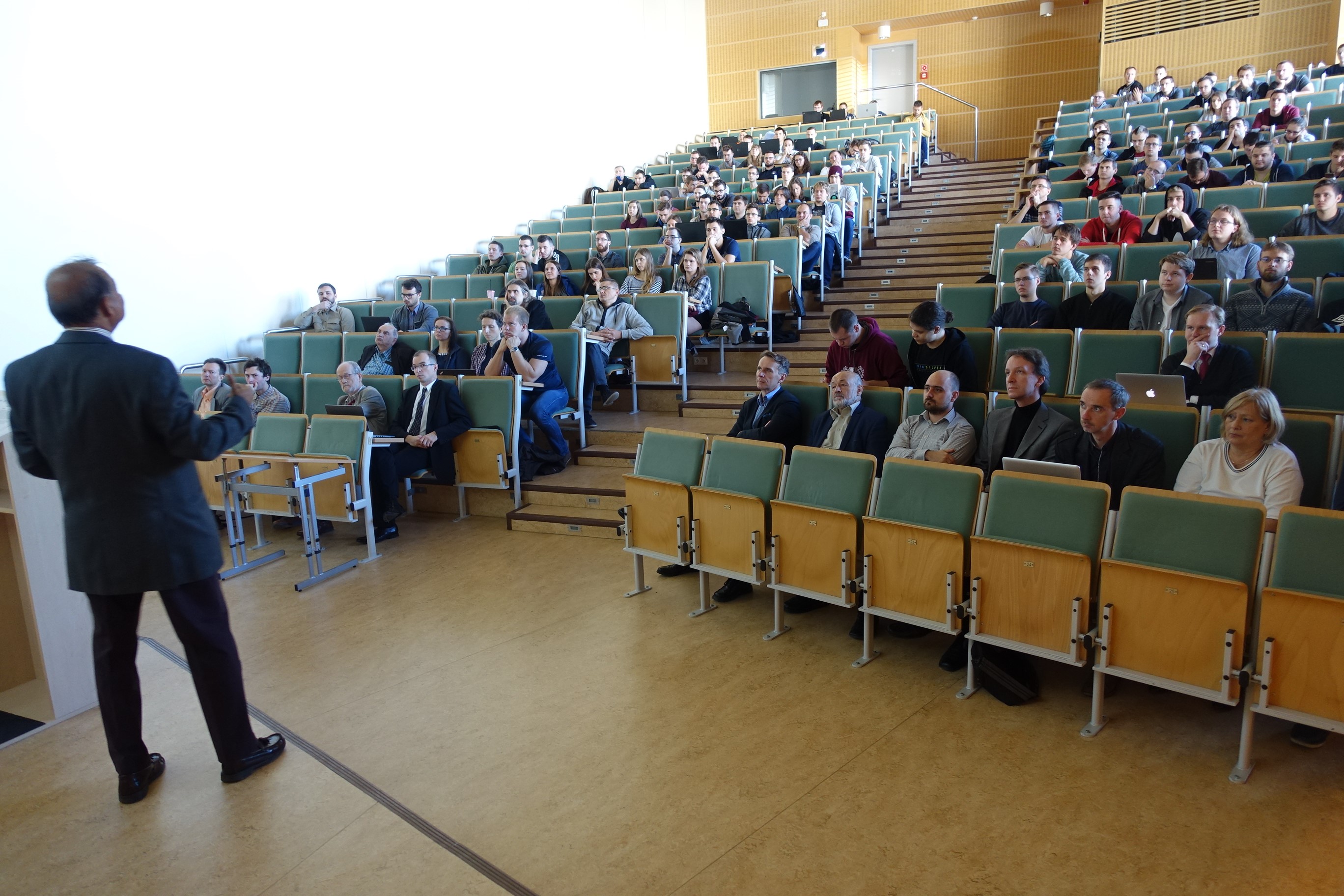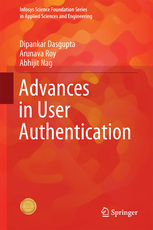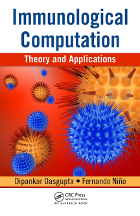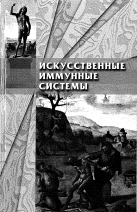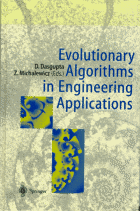Dipankar Dasgupta - IEEE Fellow, NAI Fellow
Dr. Dasgupta is listed among the top computer scientists whose h-index is above 59 (available at UCLA site ), thus, influencing the research community. One of his current researches is applying Computational Intelligence techniques in Network and Internet Security. For more information, please click here .
- Dr. Dasgupta currently is an IEEE Distinguished Lecturer (2022-2024)
- Dr. Dasgupta has been awarded as William Hill Professor in Cyber Security at The University of Memphis on Aug 22, 2018.
- Dr. Dasgupta is the recipient of 2014 ACM SIGEVO Impact Award.
- Dr. Dasgupta Elevated to IEEE Fellow(Batch of 2015).
- Dr. Dasgupta is a Distinguished ACM Speaker (2015 - 2020).
- Dr. Dasgupta is the recipient of 2012 Willard R. Sparks Eminent Faculty Award.
- An Advisory Board Member of MIT GDC in Cyber Security since 2010.
AI Cyber Security
Among different research areas Negative Authentication, Adaption Multi-Factor Authentication, Smart-Grid Security are the current focus. Also Game Theory and Cyber Security (GTCS) group conducts cutting-edge research to explore how they can apply game theoretic approaches to address network security issues. Current projects that students are working on include Game Theory Inspired Defense Architecture (GIDA), and AVOIDIT: A Cyber Attack Taxonomy.
Artificial Immune Systems/Immunilogical Computation
This emerging field is sometimes referred to as Immunological Computation, Immunocomputing, or Artificial Immune Systems (AIS). Although it is still relatively new, AIS, having a strong relationship with other biology-inspired computing models, and computational biology, is establishing its uniqueness and effectiveness through the zealous efforts of researchers around the world.
Evolutionary Computation/Evogenerative AI
Dipankar Dasgupta has been involved in the investigation of a more biologically motivated genetic search model - called the Structured Genetic Algorithm (sGA). The model uses some complex mechanisms of biological systems for developing a more efficient genetic search technique. Specifically, this model incorporates redundant genetic material and a gene activation mechanism which utilizes multi-layered genomic structures for the chromosome. The additional genetic material has many advantages in search and optimization. It mainly serves two purposes: primarily, it can maintain genetic diversity at all time during the search process, where the expected variability largely depends on the amount of redundancy incorporated in the encoding.
Dr. Dipankar Dasgupta published more than 292 research papers in book chapters, journals, and international conferences. He authored several books, published two edited volumes and co-edited several conference proceedings over the last 20 years. A search for "Dipankar Dasgupta" on Google Scholar shows a total count: 19,210+ citations. To get the current list of his publications from Google Scholar click here.
Editorial Board of journals
- Evolutionary Intelligence, Springer-Verlag
- Evolutionary Optimization, Polish Academy of Science.
- Recent Patents on Computer Science, online journal Bentham Science Publishers Ltd.
- Swarm and Evolutionary Computing - Elsevier Press
His work on "Password Immunizer" (based on Negative Authentication System) was submitted for patent. A demo illustrating the concept is available here.
His published books include:
If you are interested in any of the above mentioned research areas, contact the Computer Science Department for graduate programs.
Academic / Honorary Positions
William Hill Professor in Cybersecurity
The University of Memphis
Dr. Pat E. Burlison professorship
The University of Memphis
Willard R. Sparks Eminent Faculty
The University of Memphis
Dunavant Professorship
The University of Memphis
Full Professor
Computer Science, The University of Memphis
Visiting Scientist (Sabbatical Position)
NSA Ames Research Lab, California
Associate Professor
Computer Science, The University of Memphis
Assistant Professor
Computer Science, The University of Memphis
Visiting Assistant Professor
Computer Science, University of Missouri, St. Louis
Post Doctoral Research Associate
Computer Science, University of New Mexico, Albuquerque





